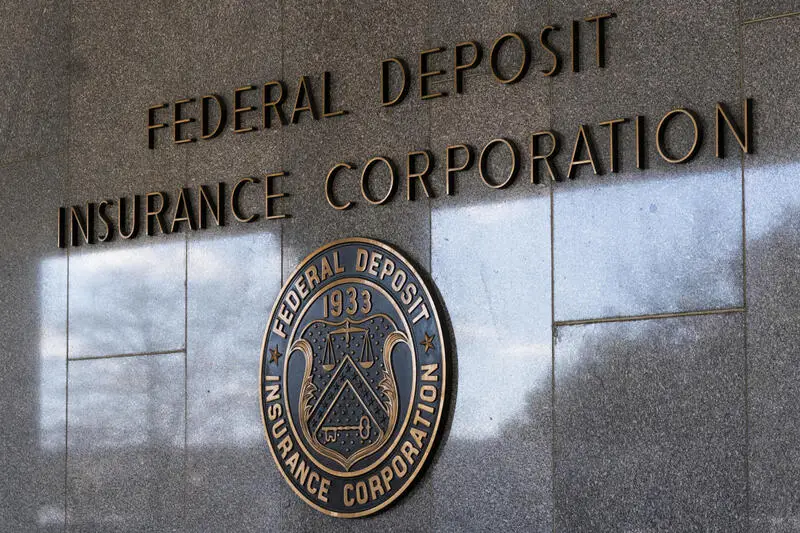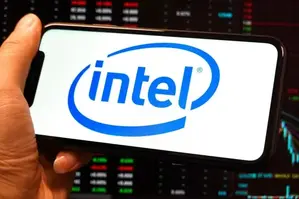A change that could have massive ramifications on the cryptocurrency market could be set to take place. Indeed, the US Federal Deposit Insurance Corporation (FDIC) is reportedly planning to revise its guidelines, allowing banks to engage in crypto activities.
The development is a part of the ongoing shift taking place in the United States. With the arrival of the pro-crypto Trump administration, the government has sought to completely overhaul its policies toward the asset class. Now, the FDIC could be set to change how banks interact in the sector.
JUST IN: FDIC plans to revise crypto guidelines and allow banks to engage in crypto activities.
— Watcher.Guru (@WatcherGuru) February 5, 2025
Also Read: SEC Transfers Top Crypto Litigator to IT Department
FDIC to Revise Its Crypto Guidelines for Banks in Massive Shift
The last several months have been monumental for the cryptocurrency sector in the United States. With the return of Donald Trump to the Oval Office, the government has shifted its perspectives on the asset class. In one fell swoop, the US Securities and Exchange Commission (SEC) has sought to create a new era for the asset class in the country.
That is now permeating another government agency. Indeed, the FDIS is reportedly set to revise its guidelines, allowing banks to engage in crypto activities. Specifically, the agency is seeking to allow institutions to operate within the sector without required regulatory permission, according to a Barron’s report.

Also Read: US Senator Alleges FDIC Is Destroying Digital Asset-Related Documents
If rules were changed, there is no doubt that banks would rush to integrate the asset class. Just two weeks ago, Bank of America CEO Brian Moynihan confirmed just as much. “If the rules come in and make it a real thing that you can actually do business with, you’ll find that the banking system will come in hard on the transaction side of it,” he said.
Moynihan went as far as to call it “just another form of payment.” Although these bans aren’t shut out of the sector, guideline changes would make access easier. With Standard Chartered projecting Bitcoin to reach $500,000 by 2028, these changes would help propel it there. Access and lessened volatility could be game changers for its value on a global scale.






